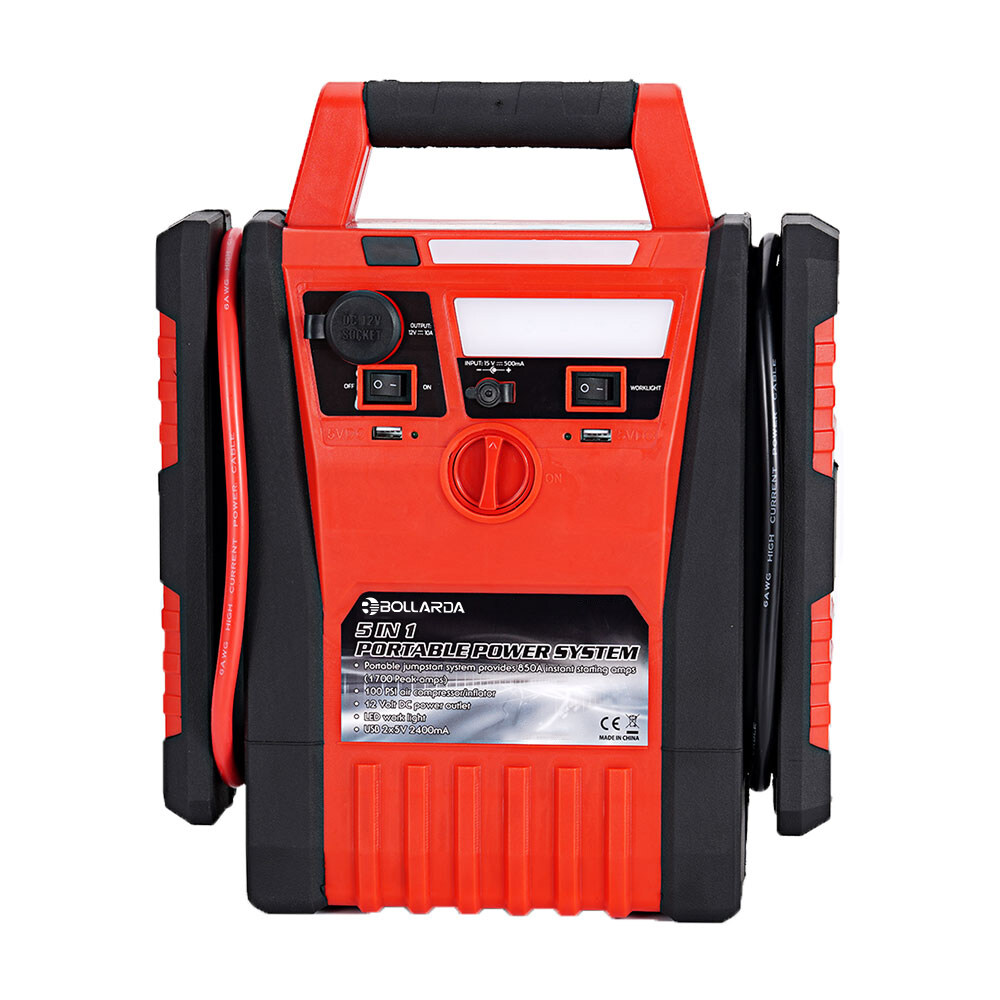Email format error
Email cannot be empty
Email already exists
6-20 characters(letters plus numbers only)
The password is inconsistent
Email format error
Email cannot be empty
Email does not exist
6-20 characters(letters plus numbers only)
The password is inconsistent


In times of uncertainty and unforeseen disruptions, having a reliable emergency generator backup power supply can mean the difference between inconvenience and catastrophe. From severe weather events to grid failures, emergencies can strike at any moment, leaving homes, businesses, and critical infrastructure without power. In this comprehensive guide, we delve into the world of emergency generator backup power supply solutions, exploring their importance, benefits, and the considerations to keep in mind when selecting the right solution for your needs.
Chapter 1: Understanding Emergency Generator Backup Power Supply
An emergency generator backup power supply is a critical component of disaster preparedness plans, providing a reliable source of electricity during grid outages or other emergencies. These generators are designed to automatically kick in when the primary power source fails, ensuring continuity of essential services and operations until normal power is restored. From hospitals and data centers to residential homes and small businesses, emergency generators play a vital role in safeguarding lives and livelihoods.
Chapter 2: The Importance of Emergency Generator Backup Power Supply
- Ensuring Continuity: In critical environments such as hospitals, emergency services, and telecommunications, uninterrupted power supply is essential for maintaining operations and saving lives during emergencies.
- Protecting Assets: For businesses, data centers, and industrial facilities, power outages can result in significant financial losses due to downtime, equipment damage, and data loss. An emergency power supply helps mitigate these risks by ensuring uninterrupted operation during outages.
- Enhancing Safety and Comfort: In residential settings, emergency generators provide peace of mind by ensuring that essential appliances such as refrigerators, heating systems, and medical devices remain operational during power outages, enhancing safety and comfort for occupants.
Chapter 3: Types of Emergency Generator Backup Power Supply
Emergency power supply solutions come in various types and configurations to suit different needs and applications:
- Standby Generators: These generators are permanently installed on-site and are designed to automatically start and provide power when the primary power source fails. They are commonly used in commercial buildings, hospitals, and critical infrastructure facilities.
- Portable Generators: Portable generators are smaller, more mobile units that can be transported to different locations as needed. They are popular for residential use, outdoor events, and construction sites, providing temporary power during emergencies or off-grid situations.
- Solar Backup Systems: Solar backup systems combine solar panels with battery storage to provide continuous power during grid outages. These systems are eco-friendly, silent, and can provide long-term backup power when paired with sufficient battery storage capacity.
Chapter 4: Considerations When Choosing an Emergency Generator Backup Power Supply
Several factors should be considered when selecting an emergency generator backup power supply solution:
- Power Requirements: Determine the power needs of your home or facility to ensure that the generator can adequately meet demand during an outage.
- Fuel Type: Consider the availability and accessibility of fuel options such as diesel, natural gas, propane, or solar energy, depending on your location and preferences.
- Installation and Maintenance: Factor in the cost and complexity of installation, as well as ongoing maintenance requirements, when selecting a backup power supply solution.
Chapter 5: Applications of Emergency Generator Backup Power Supply
Emergency power supply solutions find applications across a wide range of industries and settings, including:
- Healthcare Facilities: Hospitals, clinics, and medical centers rely on emergency generators to power life-saving equipment and maintain critical operations during power outages.
- Data Centers: Data centers require uninterrupted power to ensure the continuous operation of servers and IT infrastructure. Emergency generators provide backup power to prevent data loss and downtime during outages.
- Residential Homes: Residential backup generators provide homeowners with peace of mind by ensuring that essential appliances and systems remain operational during power outages, enhancing safety and comfort.
Chapter 6: Innovations in Emergency Generator Backup Power Supply
Advancements in technology continue to drive innovation in emergency power supply solutions:
- Smart Monitoring and Control: Modern generators are equipped with smart monitoring and control systems that allow for remote monitoring, diagnostics, and automatic operation, enhancing reliability and efficiency.
- Hybrid Systems: Hybrid backup power systems combine multiple energy sources, such as solar, wind, and traditional generators, to provide reliable and sustainable backup power solutions.
Chapter 7: Planning for Resilience
In conclusion, investing in an emergency generator backup power supply is essential for ensuring resilience and continuity in the face of unforeseen emergencies and power outages. By understanding the importance of backup power supply solutions, considering various types and configurations, and planning for resilience, individuals and organizations can safeguard lives, protect assets, and maintain operations during emergencies. Whether it's a standby generator for a hospital, a portable generator for a residential home, or a solar backup system for a remote cabin, having a reliable backup power supply in place can make all the difference when disaster strikes.